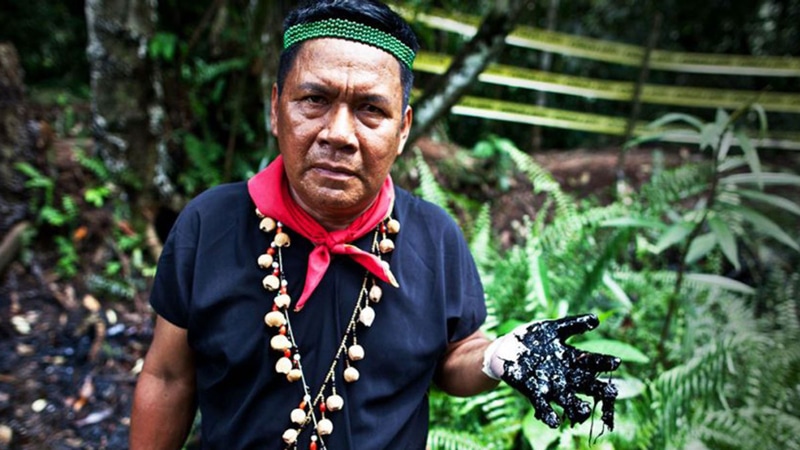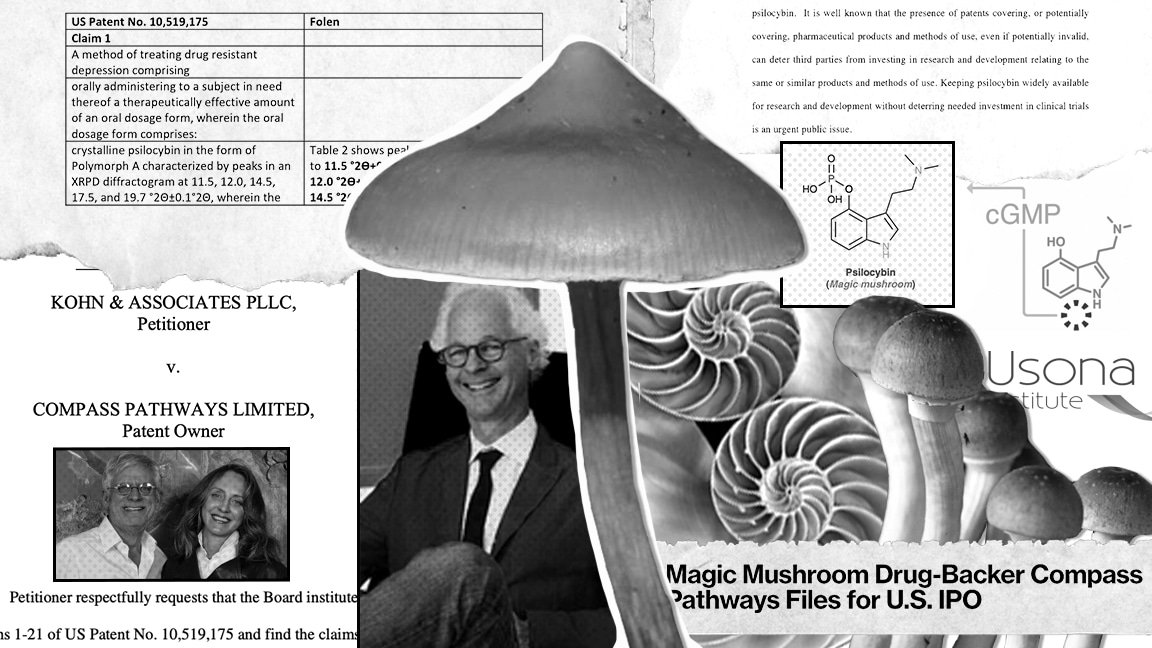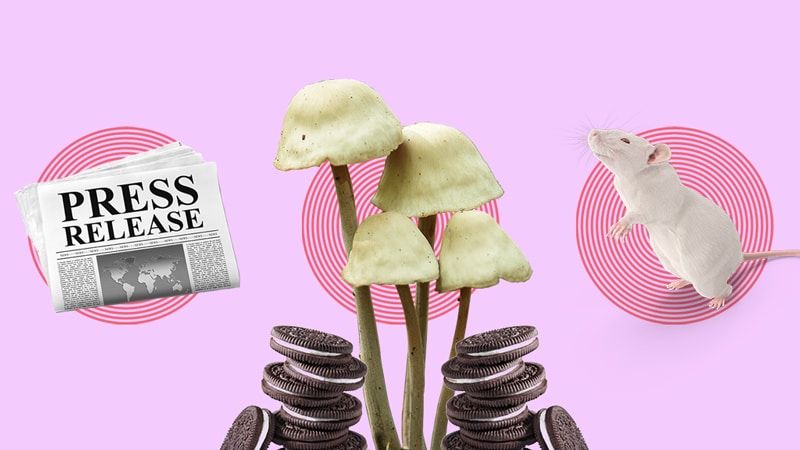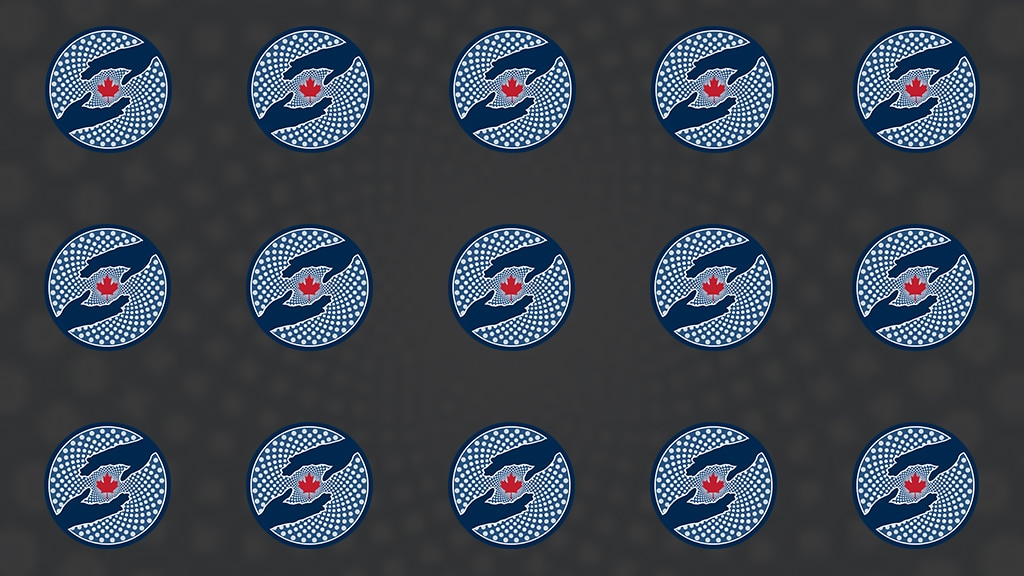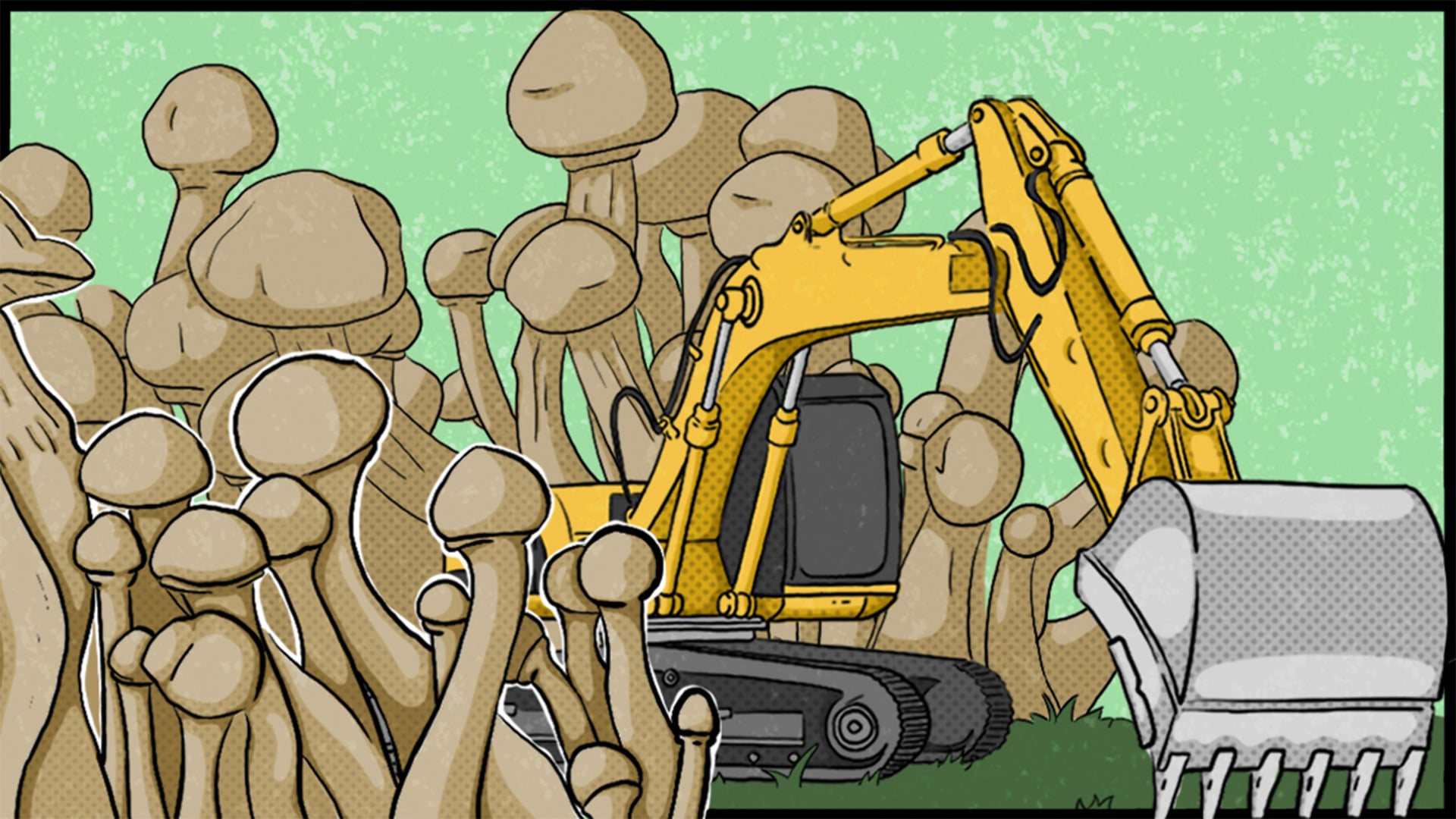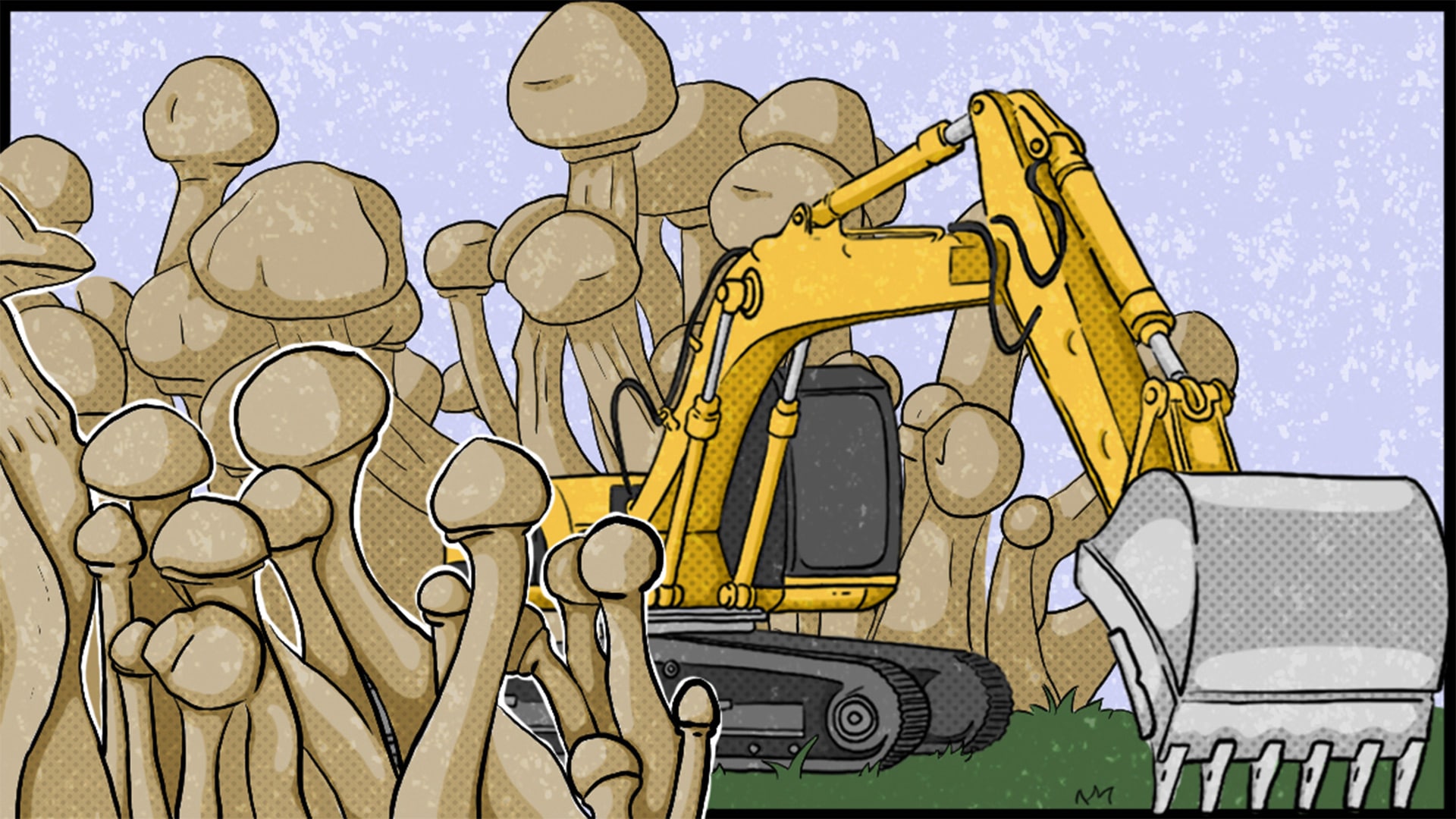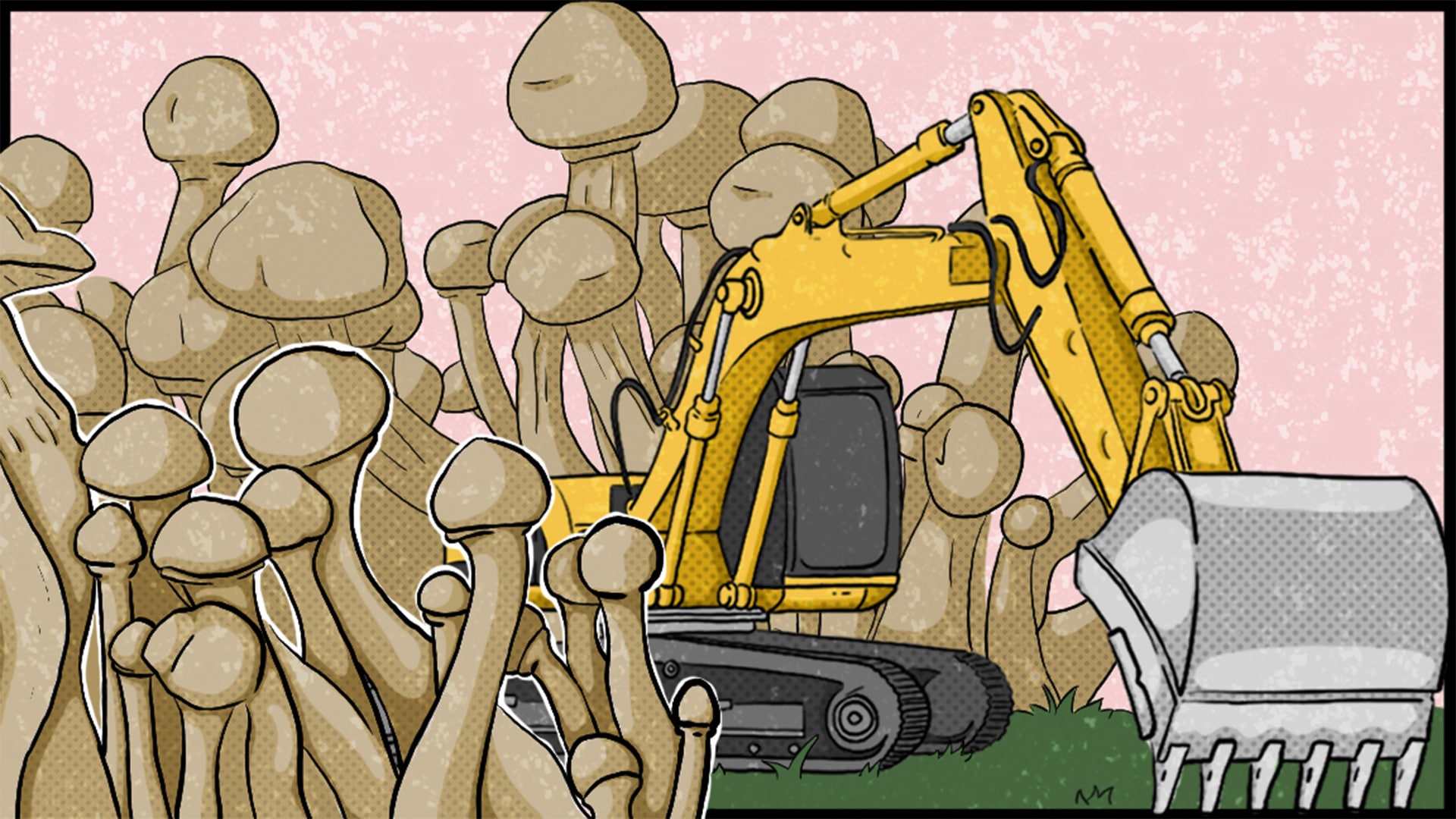Rachael Petersen
Rachael is a writer and environmental consultant who advises nonprofits and foundations on climate change. With an expertise in tropical forests, Rachael has conducted fieldwork in the Brazilian and Ecuadorian Amazon, Borneo, Uganda and elsewhere. After almost a decade in climate policy, Rachael has turned her attention to the spiritual implications of our current ecological crises. Rachael stumbled into psychedelics as a participant in a psilocybin clinical trial for major depression. Her writing excavates the potential risks, rewards, and societal implications of medicalizing and commercializing mysticism. Her work interrogates the intersection of the mystical and the moral, and envisions the role of non-ordinary states of consciousness in current and future forms of religion. Rachael explores these themes as a Junior Fellow at Harvard University's Center for the Study of World Religions.
Forget Plant-Based Medicine, MDMA is Now Made From Crude Oil
August 4, 2020
MAPS claims the most sustainable way to produce commercial MDMA is through the use of petrochemical feedstocks.
A Response to “Early Reflections on Interviews with Palestinians and Israelis Drinking Ayahuasca Together”
August 12, 2020
As Israel prepares to annex settlements in the West Bank and the Jordan Valley—with US support—what is the expected role of psychedelics in resolving the Palestine-Israel conflict?
Coronavirus Conspiracy Theories in Psychedelia
September 4, 2020
Conspiracy theories are nothing new when it comes to psychedelia. But in the context of coronavirus, they've become significantly more harmful.
As COMPASS Pathways continues its attempts to build a psychedelic monopoly, Usona Institute keeps publishing open research
September 15, 2020
Since COMPASS Pathways filed for a controversial psilocybin patent in 2018, Usona Institute has consistently placed its research findings in the public domain.
ATAI Life Sciences Company, EmpathBio, Dives Into MDMA Derivatives, Calls MAPS’ Approach “MDMA 1.0”
September 27, 2020
Through EmpathBio, ATAI Life Sciences says it will develop “safer” MDMA derivatives for patients with PTSD and calls the Multidisciplinary Association for Psychedelic Studies' (MAPS) approach "MDMA 1.0." MAPS' executive director, Rick Doblin, says that if that's the case, ATAI is "MDMA 0.5."
Psychedelic Media Should Stop Parroting Corporate Press Releases
October 12, 2020
When the media republishes statements from psychedelic pharmaceutical startups and their executives with little-to-no vetting, it functions as a corporate megaphone and damages the field of psychedelic science.
An Open Letter and Call to Action for MAPS Canada
October 21, 2020
The following is an open letter by two former co-leads of the MAPS Canada Diversity Committee. It was written in response to a variety of racist and prejudicial behaviours they experienced from MAPS Canada leadership and the organization at large during their eight-month tenure as unpaid volunteers, including obstruction—by leadership—of their efforts to address long-entrenched discriminatory practices in the psychedelic research domain and to implement initiatives to combat race-based health disparities.
As Psychedelics Enter the Mainstream, Mining Companies Look to Dig Up Profits
November 3, 2020
Canadian mining and exploration company AIS has had a number of executives move on to found psychedelic pharmaceutical businesses. Why? Because psychedelics are where the money’s at.
Will Extractive Industry Bring Its Disregard for Indigenous People Into The Psychedelic Industry?
November 3, 2020
A mining firm’s conflict with Argentinian communities illustrates extractive industry’s practices and values, and raises questions about how these corporate approaches will translate into the psychedelic pharmaceutical industry.
Why are so many extractive industry executives speculating on psychedelics?
November 3, 2020
Extractive industry is highly speculative by nature and firms are risk tolerant—they either “strike gold” or they don’t. When their gambles fail, psychedelic startups can take over their corporate shells to quickly go public with minimal regulatory scrutiny.
